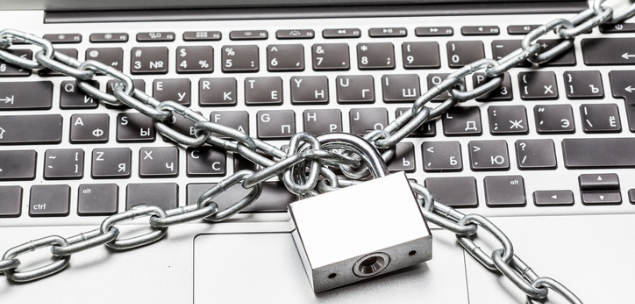Many international travellers were recently shocked to hear that several airlines had put in place a laptop ban that was enforced by the US and UK governments on certain international flight routes.
Some officials announced that any electronic devices larger than a mobile phone would be prohibited on board a flight and would only be allowed to be stored within checked luggage. Let’s be real, nobody wants their laptop thrown around in the bottom of a suitcase underneath a plane. Plus, when you’re flying long-haul, your laptop can be a valuable source of entertainment or a way to get some work done while travelling.
So what does the laptop ban mean for business travellers? Here are some ways to prepare for the laptop ban and ensure that your laptop is safe while travelling.
Use a solid suitcase
A suitcase that maintains its shape and structure is going to be the best option for you in terms of ensuring your laptop’s safety. Make sure you wrap it in something soft and place it in the middle of your suitcase so it’s as padded as possible. That way, even if your bag is thrown around, your laptop is unlikely to be affected.
Lock your luggage
It’s a good idea to lock your suitcase before you check your luggage in. There have been reports in the past of airport staff stealing from people’s luggage, so by locking up all your bags, you’ll know that the likelihood of your laptop being stolen is small. Also, to avoid your bag being taken from the carousel by somebody else, make sure you get there quickly. You don’t need to sprint through customs, but being there in time to see your bag come off the plane ensures that other people don’t have the chance to pick it up accidentally (or on purpose).
Back up your laptop
Make sure your files are backed up and secure before you travel with your laptop. Even if the laptop ban doesn’t apply to your trip, backing it up before you leave is still a wise decision. Overseas, your laptop may be susceptible to different viruses, or it could be stolen or lost, and you don’t want to be caught without important documents and information while on a business trip. Securing your laptop is also a good idea. Consider password protecting your laptop if you haven’t already.
Change your flights
Where possible and if necessary, see if you can alter your travel arrangements to avoid the ban. This could be a bit of a stretch (especially if you have no say in the booking of your flights) but remember that only certain countries are affected by the laptop ban. For example, if you fly into the US via Singapore you’re unlikely to be impacted, but if you fly from Dubai, some flights may be affected. It should also be noted that as of this week, certain airlines are now exempt from the laptop ban. So, if it’s too inconvenient or expensive to change where you fly from, consider switching airlines.
Travel insurance
On the off chance that your laptop is damaged or stolen from your luggage, travel insurance should be able to help you. Travel insurer Fast Cover spoke to finder.com.au and said that Australian travellers are protected under the Insurance Contracts Act. Basically, if the airline gives you no alternative other than to place your device into your checked luggage, you should be covered by your travel insurance policy. Just make sure that you compare policies online first to ensure that you will be covered for the partial or entire cost of your laptop if it comes time to claim and so that you know you’re getting the best insurance product for your needs.
The laptop ban can be avoided by business travellers if you book through certain airlines and avoid travelling via affected countries. In most cases, if you fly directly out of Australia, you shouldn’t be affected, because although plans for an Australian ban are in discussion at the moment, they haven’t yet been enforced.
About the author
Bessie Hassan is the Travel Expert at financial comparison website finder.com.au.

